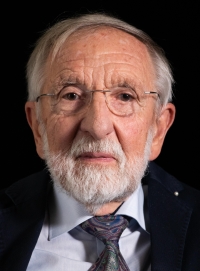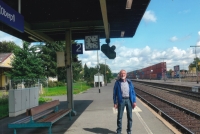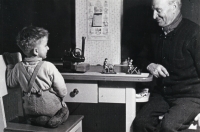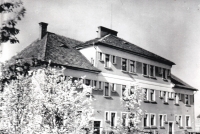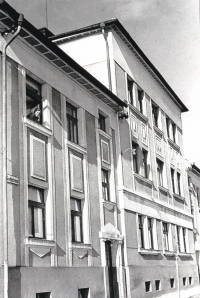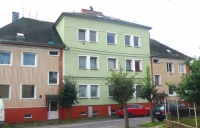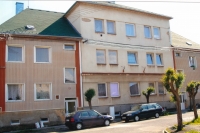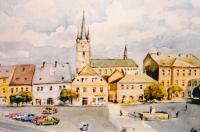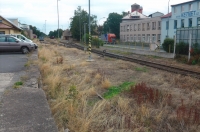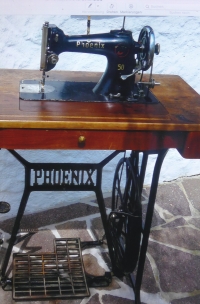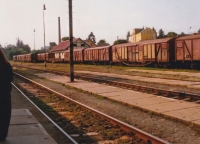Was the expulsion good or bad for me?
Gernot Schnabl was born on July 5, 1937 in Tachov, his parents had also two younger daughters. He came from a very large family and his memories of early childhood reflect it. The atmosphere after the war is etched on his memory as the times of great fear and anxiety that the German population was constantly experiencing. In the summer of 1946, Gernot and his family were expelled to Bavaria, and the Schliersee in the mountains became their new home. In 1948, his father returned from British captivity and he was always very active in various compatriot matters. Gernot studied English and began his teaching career, specializing in special pedagogy and the education of difficult-to-educate children. After his father’s death, he also became more involved in activities related to the old homeland. For him, Tachov still remains his home Nr.1. He has three children.

